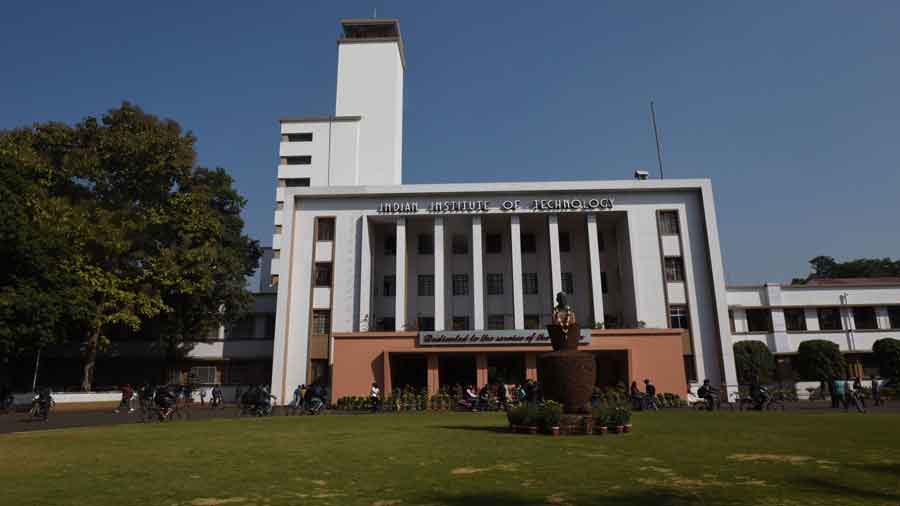Calcutta High Court has said a “warning” to students involved in ragging does not appear to be in “consonance or with the directions of the Supreme Court”.
The warning had been issued to students in the Rajendra Prasad (RP) hall where third-year IIT Kharagpur student Faizan Ahmed used to live. He was found dead in another hall on October 14. Faizan’s parents have alleged that he had been harassed and humiliated for refusing to be part of an assimilation programme that amounted to “collective ragging”.
The IIT Kharagpur website itself refers to an order of the Supreme Court regarding steps the authorities should take to punish offenders involved in ragging.
According to that order, the punishment may include expulsion from the institution, suspension from the institution or from classes for a limited period.
A senior official of the IIT said that the wardens’ office in that particular hall (RP Hall of Residence) had let the offenders off merely by issuing a warning, even while telling junior students to contact/report to the office immediately in case they experience any incident that they felt was “ragging/harassment”
The mismatch between what the court directive says and what the institute has done, reveals serious lapses on the part of the IIT administration, said a senior professor of the IIT.
Calcutta High Court had on Thursday ordered the director of IIT Kharagpur to file a report on November 21 stating the steps it had taken — based on the Supreme Court’s guidelines — in regard to an “assimilation programme” that Faizan’s family has complained about.

A senior official of IIT Kharagpur said the fact that the team of RP hall wardens received signed complaints in February about the second-year BTech students being physically and mentally harassed by a group of seniors that includes Hall Council Members (HCM), became known to many in the administration after a Facebook post in October.
The Facebook post was made days after Faizan was found dead in a room of Lala Lajpat Rai hall –Faizan apparently shifted to the hostel in September without the knowledge of the wardens’ office – on October 14.
In that Facebook post that has now been deleted, some IIT students had purportedly said Faizan was subjected to humiliation for refusing to take part in the “Assimilation Programme” in RP hall.
“As internal enquiry started following the post, it emerged that several second-year students had complained of physical and mental harassment by a group of seniors, prompting the RPH wardens’ office to send an email in February to all the students at the hostel saying the office has instructed the HCM to stop ‘such unethical practice/ menace’ immediately,” an IIT teacher said.
What should have happened instead?
The wardens’ office should have brought these complaints to the notice of the dean of student affairs office for follow-up action.
The dean’s office would forward them to the disciplinary committee consisting of the ex-officio and other members to decide the steps following the Supreme Court’s order while consulting legal experts, said another official.
When The Telegraph contacted former dean Dhrubajyoti Sen, he said: “My office did not receive any complaint from the wardens’ office about second-year students complaining of physical and mental harassment by a group of seniors.”
Sen resigned following the students’ unrest over Faizan’s death.
Calls and text messages to IIT Kharagpur director Virendra Kumar Tewari went unanswered.
“Lapses happened at various levels,” an IIT professor said.
The court has requested the additional superintendent of police, Paschim Medinipur, “to leave no stone unturned to ascertain the truth behind the death of Faizan Ahmed”.
